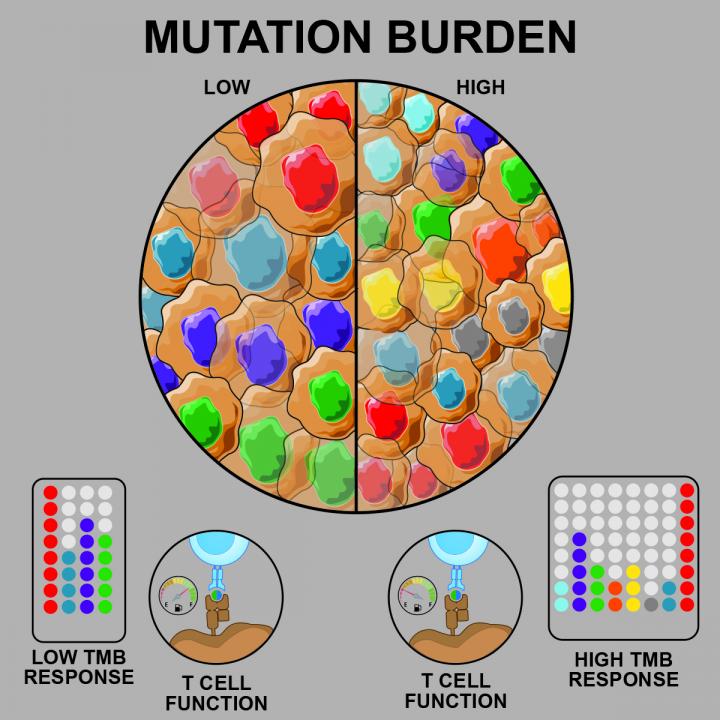
Credit: Anthony Zamora
A study of pediatric patients with leukemia demonstrates that they were able to generate T cells against tumor-associated mutations, contradicting previous assumptions that T cells cannot be effectively unleashed on pediatric tumors. Importantly, the findings indicate that pediatric cancers may be more vulnerable to immunotherapies such as checkpoint blockade and other T cell-targeted treatments than previously thought. Tumors often express mutant surface proteins (or neoepitopes) not found in normal cells, which can be recognized and targeted by T cells. Previous research has shown that for solid tumors, only 2% of neoepitopes elicit measurable anti-tumor responses from T cells, suggesting that tumors with a relatively low amount of mutations (such as pediatric tumors) do not provoke typical antitumor responses from the immune system and are thus not suitable candidates for immunotherapy. Seeking insight, Anthony Zamora and colleagues sequenced biopsies from nine pediatric patients with acute lymphoblastic leukemia (ALL), the most common childhood cancer. They identified five to 28 new neoepitopes per patient, and found that the patients harbored T cells that were specific to many of these neoepitopes. The authors observed that the patient T cells responded to 68% of the identified neoepitopes and formed “hierarchies” in how they responded to the mutations. Furthermore, they saw that seven of nine tested patients had T cells that responded to a single mutation called ETV6-RUNX1 that has been linked to more favorable clinical outcomes.
###
Media Contact
Science Press Package Team
[email protected]
Related Journal Article
http://dx.




